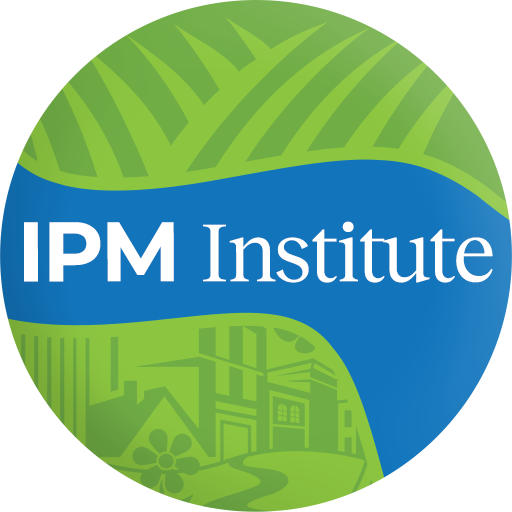The Pest Defense for Healthy Schools promotes risk-reduction and improvements in environmental health and safety in childcare facilities and schools.
We are currently working with the Chicago & Milwaukee Public School districts to teach their staff and students about IPM.
About
School IPM, or Integrated Pest Management, is an approach for controlling pest problems without unnecessary pesticide use. If your school suffers from infestations of rats, cockroaches, lice or bedbugs, The Pest Defense for Healthy Schools can help. The Pest Defense, formerly known as Stop School Pests, is an online, school health training course for K-12 employees to improve school health. Users can choose from nine online courses, each created for different school staff groups.
Students spend an average of 30 hours each week in school. Therefore, an unhealthy learning environment with hazards from pests and pesticides has a profound effect on their health. For example, mice and cockroaches produce asthma-triggering allergens. In addition, over-reliance on pesticides exposes children and staff to dangerous chemicals. School IPM is a powerful tool for addressing these challenges. In fact, schools transitioning to IPM have reduced pest complaints and pesticide use by over 70%!
The American Academy of Pediatrics recommends school IPM as a proven approach for creating healthy, safe spaces for students and staff. Start your training now and learn how you can make a difference at your school.
Contact us to schedule a fun, hands-on, educational workshop for your students and/or staff!
Webinars
The North Central School IPM Working Group, which is associated with The Pest Defense for Healthy Schools, hosts free webinars every other month, typically on the fourth Thursday from 4 – 5 PM central time. Register for our next webinar by clicking the “register” button below.

This work is supported by the USDA National Institute of Food and Agriculture, Crop Protection and Pest Management Program through the North Central IPM Center (2022-70006-38001).



